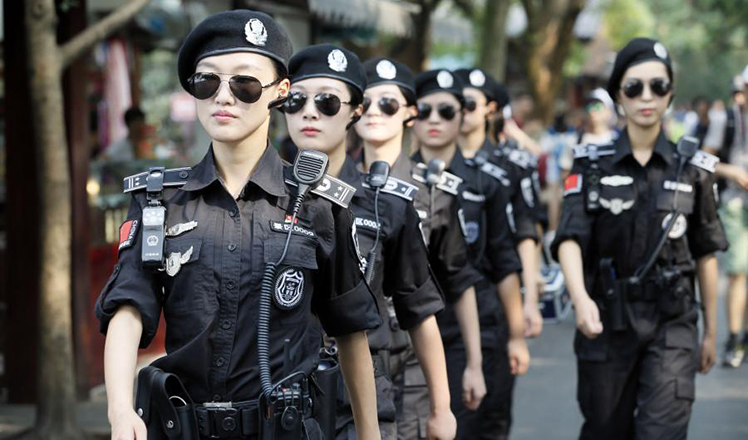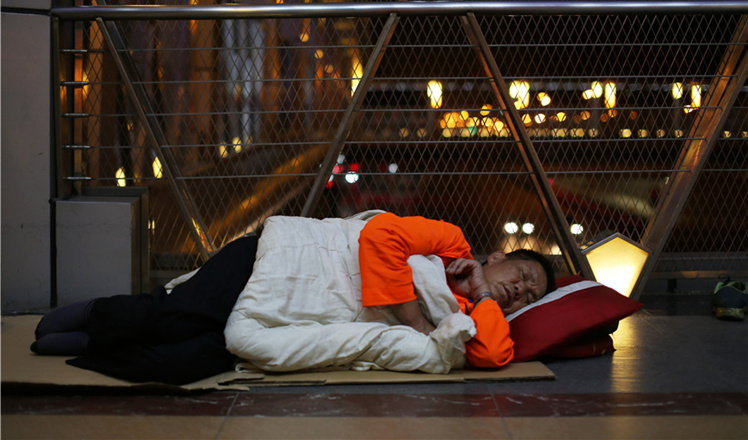Washington's THAAD muscle flexing unmasks anxiety over declining hegemony
Updated: 2016-08-04 15:21
(Xinhua)
|
||||||||
Last week's lower-than-expected US GDP data in the second quarter of 2016 continued to point to a significant loss of momentum that puts the economy at risk of stalling in a country that has seen growing anti-free trade sentiments.
More pertinently, it is the United States' declining military supremacy that constitutes the main driver behind its THAAD muscle flexing.
Deploying THAAD in the ROK is a crucial step to healing the Achilles heel of Washington's anti-missile missile system in the Asia Pacific, which has long been nagged by its inadequate recognition ability.
With the help of THAAD's X band radar, the United States can effectively and immediately raise recognition accuracy.
But this strategic upper hand comes at the cost of the security interests of other nations in northeast Asia.
Already, the DPRK has threatened to take "physical countermeasures" to deal with THAAD, which Pyongyang says would only exacerbate tension in the region, encourage a new arms race and even provoke another Cold War.
Chinese Foreign Ministry spokesperson Lu Kang also warned last month that China will take necessary measures to safeguard its own interests if the United States and ROK don't stop the deployment.
The United States is highly advised to stop building its own security at the cost of the security of other countries. The nearsighted actions will only destabilize the strategic balance and stability in northeast Asia, giving Washington more things to worry about.
- Fire guts Emirates jet after hard landing; 1 firefighter dies
- Egypt's Nobel-laureate scientist dies of illness in US
- THAAD muscle flexing unmasks anxiety over declining hegemony
- British police say mental health a significant factor in London knife attack
- Paragliding fans fly over Rigi mountain in Switzerland
- DPRK fires 1 ballistic missile into east waters

 Serbian artist creates incredible 3-D art
Serbian artist creates incredible 3-D art
 Glimpse into the work and life of G20 guards
Glimpse into the work and life of G20 guards
 Shopping and throwing Frisbee in virtual reality
Shopping and throwing Frisbee in virtual reality
 Take a closer look at the life in Rio Olympic Village
Take a closer look at the life in Rio Olympic Village
 From dusk to dawn: The other side of Beijing
From dusk to dawn: The other side of Beijing
 Huangluo: China's 'long hair village'
Huangluo: China's 'long hair village'
 Typhoon Nida lashes Shenzhen
Typhoon Nida lashes Shenzhen
 Amazing robots work hard at Qingdao beer fest
Amazing robots work hard at Qingdao beer fest
Most Viewed
Editor's Picks

|

|

|

|

|

|
Today's Top News
US launches airstrikes against IS targets in Libya's Sirte
Ministry slams US-Korean THAAD deployment
Two police officers shot at protest in Dallas
Abe's blame game reveals his policies failing to get results
Ending wildlife trafficking must be policy priority in Asia
Effects of supply-side reform take time to be seen
Chinese State Councilor Yang Jiechi to meet Kerry
Chinese stocks surge on back of MSCI rumors
US Weekly

|

|







